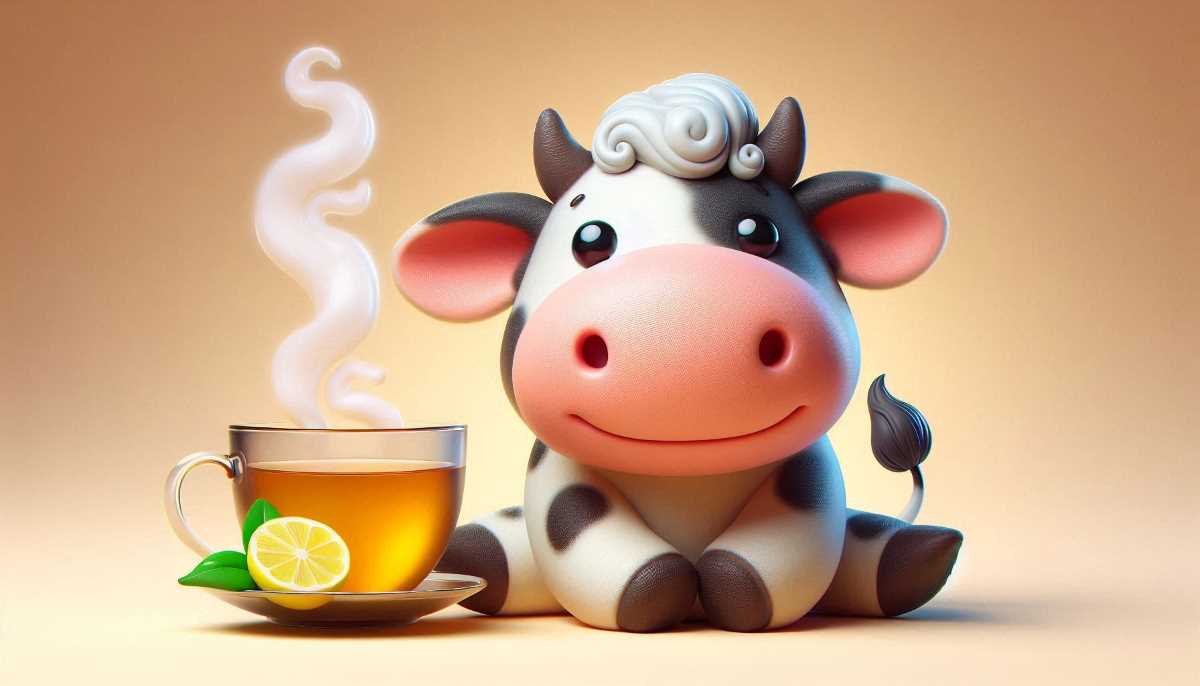How Cows Can Combat Climate Change (With a Dash of Lemon)
Cows are major methane emitters, hurting the environment. But scientists are finding ways to reduce this impact. By tailoring cattle diets and even trying out additives like lemon tea, researchers are working on creating a more sustainable future for beef and dairy production.

Cows. They provide us with delicious steaks, creamy cheeses, and maybe the occasional leather handbag. But behind that moo lies a not-so-moo-vellous secret: bovine business is a major contributor to climate change. Here's the science, served medium-rare.
The culprit? Methane, a greenhouse gas with a powerful punch – 28 times stronger than carbon dioxide at trapping heat in the atmosphere. And guess who's the world champion methane producer? Our ruminant friends, bringing in a whopping 14.5% of livestock's methane emissions, according to Dr. Maria Fernanda Vázquez Carrillo, a ruminative luminary from the National Autonomous University of Mexico.




